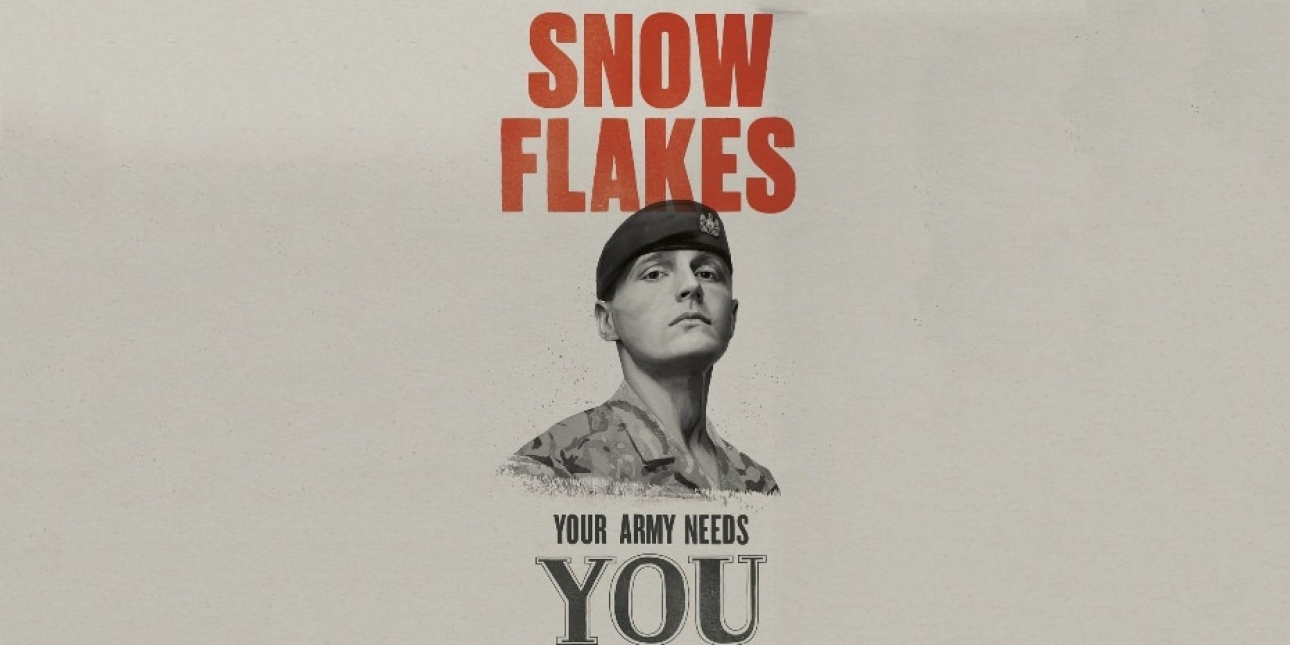PUBLIC RELATIONS
Friday 4th January 2019
Could you spin negative stereotypes in STEM?
This week has seen the launch of an unusual new advertising campaign by the British Army, which intended to spin negative stereotypes about millennials, instead positioning their alleged weaknesses as strengths that could help potential new recruits thrive in a military setting. Here's how this strategy can be used to inspire content PR.
For instance, phone zombies are told that their focus could be an asset, while snowflakes are told that their compassion might help them support their fellow soldiers.
 There has been some discussion about whether this campaign will work. One millennial commentated to me that the project was, “literally a lesson in how to not do advertising”.
There has been some discussion about whether this campaign will work. One millennial commentated to me that the project was, “literally a lesson in how to not do advertising”.But my question is, could we apply this process to the core STEM markets in which Stone Junction operates regularly?
For instance, could we use the strapline, “Blinkered C-Suite finance directors – the shop floor needs you and your focus”? Or, could we write an article based on the rallying cry, “Overly traditional design engineers – smart manufacturing needs you and your curiosity”?
Maybe not. But perhaps this reverse nudge theory has something of the traditional hero’s journey, that we, as marketers apply to inspire action all the time, hidden inside it. After all, the audience of the advert is supposed to think, “I see, I’m not really a snowflake/phone zombie – this is the moment that I’ve been waiting for, my catalyst that will allow me to blossom into a hero!
“This is my, ‘You’re a Wizard Harry!’ moment. I’m about to rise up and proclaim, ‘I volunteer! I volunteer as tribute!’”
Perhaps the next catalyst moment in fiction could be, “I will begin monitoring and recording data, in order to take positive action in a manufacturing context, saving my employer money, improving the environment and getting me that promotion!”
Again, maybe not. But the British Army’s adventures in marketing don’t have to be merely a lesson in how not to do advertising. They could also be a useful exercise in understanding how to use negative stereotypes in content PR.
You have to imply that the reader might feel like they fit the stereotype, but deep inside them is the ability to break free and grow. All they need is the influence of the British Army or Hogwarts (or the edifying experience of The Hunger Games) and they will be on their way.
Or, put differently, buy our latest thingamajig or doodah and you will finally be able to achieve all things you’ve always hoped for.
